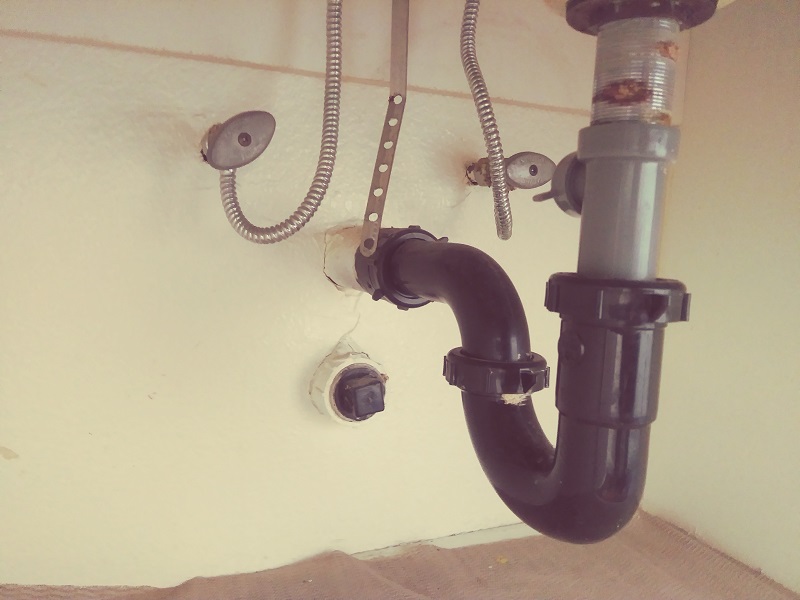It is important to get to know your plumbing so you will know how long your pipes will last and when they should be replaced. The lifespan of the pipes in the average home is probably only a few decades. Sometimes they last longer and sometimes they don’t even last the first 10 years. This greatly depends on the material used to make them as well as ground conditions and location of the home.
 Source: Flickr
Source: FlickrEventually, all pipes will either rust, burst or suffer from corrosion. Replacing the pipes in your home will help to prevent leaks, high water bills and more extensive water damage to the home when the pipe bursts. Prevention here is key, after all pipe replacement costs considerably less than repairing the water damage.
Hiring plumbing services to complete the inspections will help to ensure that no possible problems to the plumbing are missed by untrained eyes. As mentioned above the life-span of various piping materials varies. PVC pipes can last up to 40 years. For pipes that will last nearly 100 years, use cast iron, brass or galvanized steel. Copper piping can be expected to last nearly 80 years.
It is important to note that there are many factors that can change these estimates, such as elements of the environment and physical impacts. One good example is hard water. Hard water has been known to cause much greater wear and tear on a home’s plumbing.
When Should You Replace
If you are moving into an older home, it is a good idea to have the plumbing inspected so that you can be aware of the condition of the home’s pipes. Look at the piping material to make sure it is not dangerous. Also look for leaks and tubing that is starting to rust. Hiring a plumber to complete the inspections will help to ensure that no possible problems to the plumbing are missed by untrained eyes.
Dangerous piping material, such as polybutylene and lead should be replaced before moving in. If the home is quite aged, chances are that there are lead pipes still being used. Hazards to a person’s health can be caused by lead that enters the drinking water through the pipes.
Having the polybutylene pipes replaced is not because they are toxic. Rather, these pipes can be easily broken. By replacing them before they are damaged, you will save yourself a lot of trouble that water leaks and damage can cause. When replacing pipes, materials such at PVC, PEX and copper are acceptable.
What Else To Look For
Corrosion can be discovered by looking for discoloration, flaking and staining. Metal piping is well known for becoming corroded and this corrosion leads to leaks. If you discover any of these things within the plumbing system, replacement should be highly considered. Water leaks can also happen for other reasons, such as fittings that need tightened. Once it is determined that the tubing is good, the joints should be checked if leaking continues to be a problem. Sealing or tightening the joints could be an easy fix.
What Benefits Are There to New Plumbing
By putting in new pipes, you will be cutting your chances of leaks and water damage down. The new pipes will also increase the amount of time you can expect before you have problems with your plumbing. You should continue regular inspections of your pipes even when you have new ones as this will ensure that they will last.
For the best plumbing in Cleveland TN, visit Bill Owens Plumbing.
